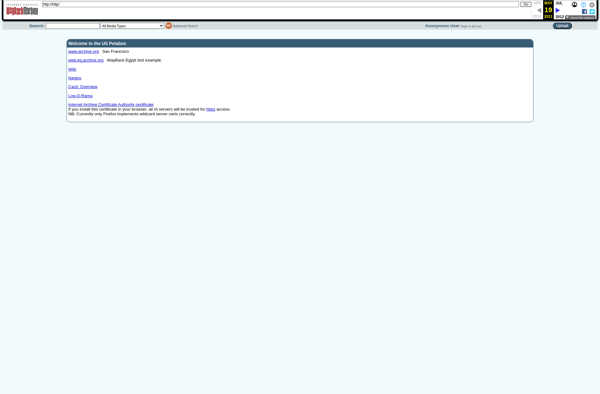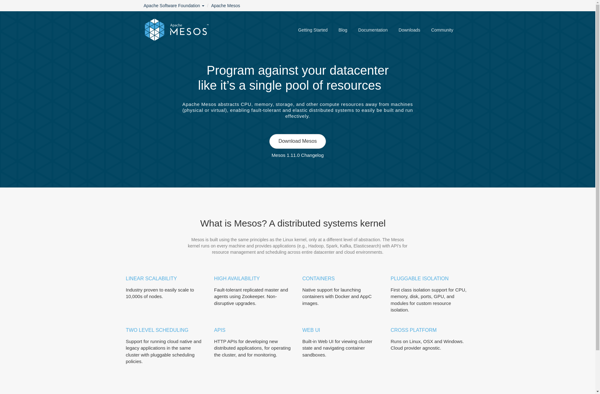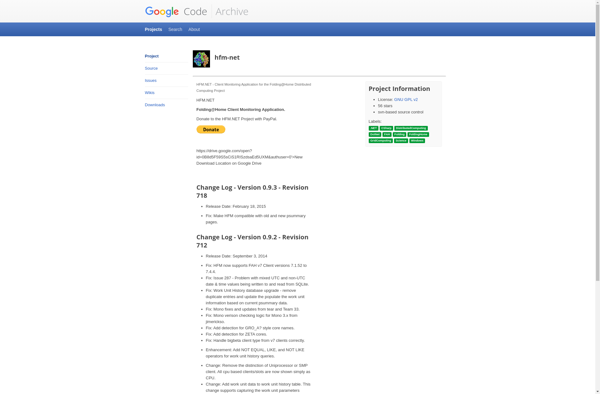JPPF

JPPF: Open Source Distributed Computing Framework
JPPF is an open source distributed computing framework written in Java, parallelizing applications by dividing tasks across multiple machines for improved performance and scalability.
What is JPPF?
JPPF is an open source distributed computing framework written in Java. It provides a simple API and software components that enable developers to parallelize execution of tasks across multiple machines, cores and clusters.
Some key capabilities and benefits of JPPF include:
- Automatic partitioning and distribution of tasks across a network of computing resources
- Management of node failures and automatic re-execution of tasks
- Dynamic scalability - compute capacity can be added or removed dynamically
- Works across platforms (Windows, Linux, macOS) and integrations with cloud platforms
- Enables faster processing for compute and data intensive applications
- Transparently leverages multi-core and multi-CPU hardware
- Includes administration and monitoring tools for managing jobs and clusters
JPPF makes it easier to scale applications by utilizing a network of computing resources, without having to modify code. This improves performance, throughput and scalability. It's used for a variety of purposes including Monte Carlo simulations, financial risk analysis, rendering, machine learning and other big data applications.
JPPF Features
Features
- Distributed computing
- Load balancing
- Fault tolerance
- Auto-scaling
Pricing
- Open Source
Pros
Cons
Official Links
Reviews & Ratings
Login to ReviewThe Best JPPF Alternatives
Top Development and Distributed Computing and other similar apps like JPPF
Here are some alternatives to JPPF:
Suggest an alternative ❐Folding@home

BOINC

ClusterKnoppix

Charity Engine

Apache Mesos

PelicanHPC
GridRepublic

Progress Thru Processors
Distri.js

PiCloud
HFM-NET
